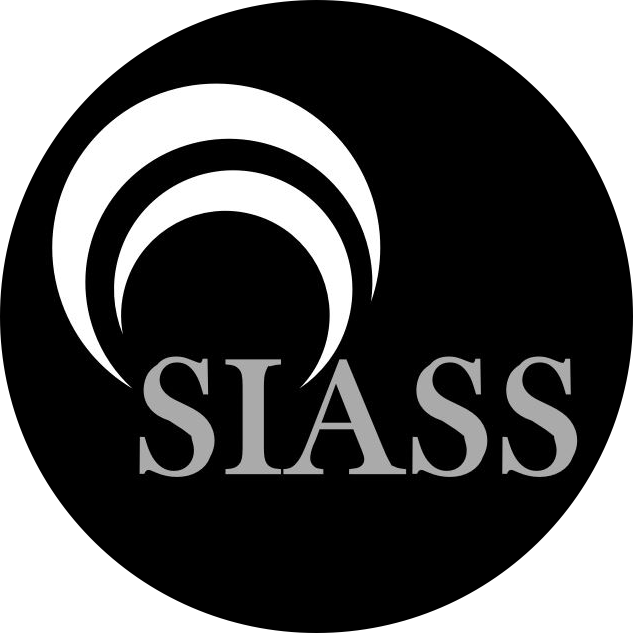What is Technical Surveillance?
- SIASS

- Jul 11, 2024
- 3 min read
Updated: Jul 12, 2024

In today's world, the concept of surveillance has become more pertinent than ever. As technology advances, the methods and tools used for surveillance have evolved, giving rise to a specialized field known as technical surveillance. But what exactly does this term mean? Let's dive into the intricacies of technical surveillance and explore its applications, especially in covert operations.
Understanding Technical Surveillance
Covert Surveillance
At the heart of technical surveillance lies the principle of covert surveillance. This type of surveillance is carried out in a manner that ensures the subject is unaware that they are being monitored. The covert nature of this surveillance is what distinguishes it from other forms of monitoring. The objective is to gather information without alerting the subject, thereby ensuring the integrity and authenticity of the data collected.
What Does Surveillance Include?
Surveillance encompasses a wide range of activities. It involves monitoring, observing, or listening to people, their movements, conversations, and other activities or communications. This can be done with or without the use of a surveillance device. Furthermore, surveillance includes the recording of any information obtained during these activities.
The Role of Technical Surveillance
Technical surveillance refers to the use of advanced technological tools and methods to conduct surveillance. This can include the use of devices such as cameras, audio recorders, GPS trackers, and more sophisticated equipment designed to capture data covertly. The primary goal is to enhance the efficiency and effectiveness of surveillance operations, making it possible to gather detailed and accurate information discreetly.
Applications of Technical Surveillance
Investigations
One of the primary applications of technical surveillance is in investigations. Law enforcement agencies, private investigators, and security firms use technical surveillance to gather evidence and intelligence. Whether it's tracking a suspect's movements, recording conversations, or observing activities, technical surveillance plays a crucial role in solving cases and ensuring justice.
Training and Equipment
Another important aspect of technical surveillance is the training and equipment provided to professionals in the field. Companies like SIASS specialize in offering comprehensive training programs and state-of-the-art equipment for technical surveillance. Their expertise ensures that surveillance operations are conducted efficiently and effectively, leveraging the latest technological advancements.
Expertise in Technical Surveillance
The expertise required for technical surveillance cannot be overstated. It involves a deep understanding of the technology, legal implications, and strategic approaches to covert surveillance. Professionals in this field are trained to use sophisticated equipment and techniques to gather information without detection, ensuring the success of their operations.
Why Choose SIASS for Technical Surveillance?
SIASS stands out as a leader in the field of technical surveillance. They provide all forms of covert technical surveillance investigations, training, and equipment. Their unmatched expertise ensures that clients receive the highest quality of service, tailored to meet their specific needs. Whether it's for investigative purposes, training professionals, or supplying advanced surveillance equipment, SIASS is the go-to choice for reliable and effective technical surveillance solutions.
Conclusion
Technical surveillance is an essential aspect of modern investigative and security operations. Its covert nature allows for the discreet collection of crucial information, making it invaluable in various fields. As technology continues to advance, the importance of technical surveillance and the need for expertise in this area will only grow. SIASS, with its comprehensive services and unparalleled expertise, remains at the forefront of this vital industry.
For more information on how SIASS can assist with your technical surveillance, contact us today.




Comments